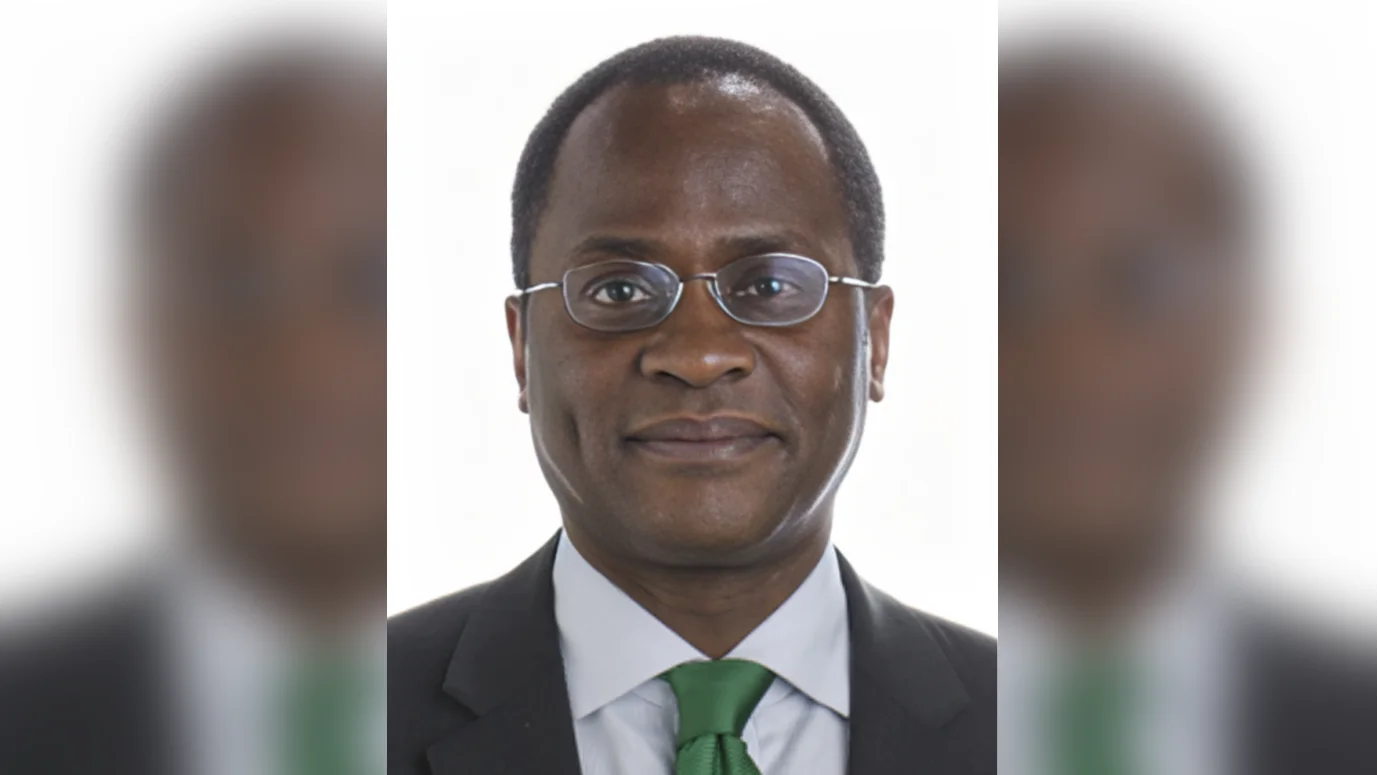The International Monetary Fund (IMF) has reached a staff-level agreement concerning the fourth review of Ghana’s economic program under the Extended Credit Facility (ECF). This follows discussions held by an IMF team, led by Mr. Stéphane Roudet, in Accra from April 2 to April 15, 2025. The arrangement, originally approved by the IMF Executive Board for approximately US$3 billion in May 2023, continues to support Ghana’s economic reforms.
Mr. Roudet stated, “IMF staff and the Ghanaian authorities have reached a staff-level agreement on the fourth review of Ghana’s economic program under the Extended Credit Facility arrangement. This staff-level agreement is subject to Executive Board consideration." He also outlined that completion of the Executive Board review would allow Ghana access to funds totaling about US$370 million, increasing the total IMF support since May 2023 to about US$2,355 million.
The Ghanaian economy exhibited stronger than anticipated growth in 2024, driven by robust mining and construction sectors, and an improved external sector with significant contributions from gold exports and higher remittances. However, despite these gains, fiscal slippages occurred before the 2024 general elections due to accumulated payables, contributing to inflation exceeding targets and delays in fiscal, financial, and energy sector reforms.
The incoming government has initiated measures to address these issues, such as auditing payables and launching a budget targeting a primary surplus of 1½ percent of GDP for 2025. This is part of wider public financial reforms aimed at maintaining program objectives. Discussions with IMF staff also covered strengthening social protection initiatives and the need for additional policy actions to address structural fiscal weaknesses.
Monetary policy adjustments are being made, with the Bank of Ghana increasing the policy rate and reviewing liquidity management to manage inflation. Structural reforms focus on improving governance and transparency, especially regarding State-Owned Enterprises in sectors like gold and cocoa. Electricity tariff adjustments are also planned to tackle energy sector challenges.
Ghana's commitment to public debt restructuring continues, with the Memorandum of Understanding with creditors signed and negotiations with commercial creditors ongoing. The IMF staff expressed gratitude toward Ghanaian officials and stakeholders for their active participation in these discussions.

